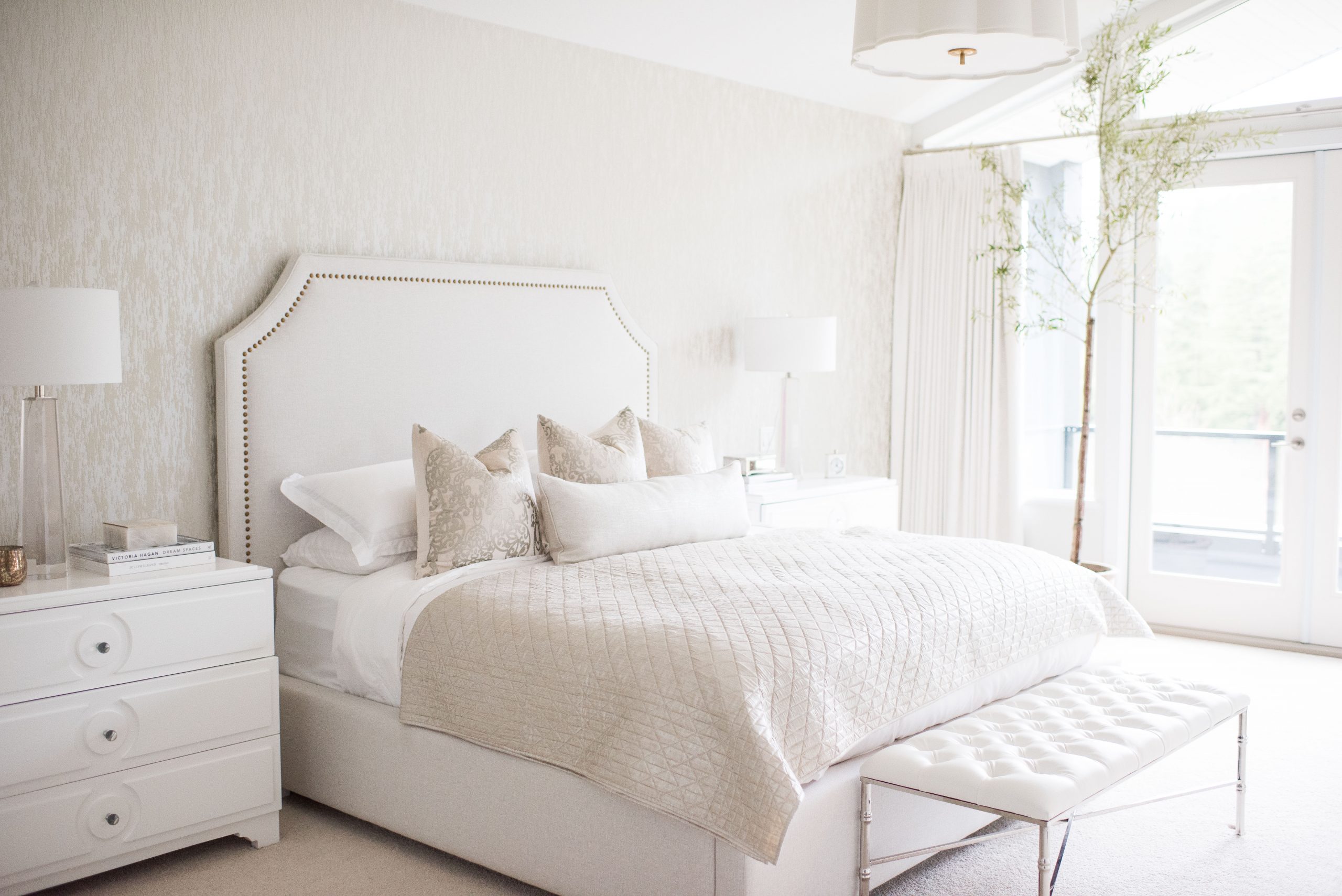Magnesium


In our always busy, hyperconnected world, it’s hard to shut off, relax and get that much-needed sleep. In 1910, the average person slept 9 hours per night; today we are barely clocking in 6.8 hours per night, well below the recommended 7-9 hours. It’s not just adults that are sleep deprived, 97% of teenagers aren’t getting the recommended amount of sleep either.
The benefits of good sleep are many. Rest boosts the immune function, increases concentration, promotes weight loss, can help to balance hormones and thyroid function, keeps your mood stable, reduces cravings and help to strengthen impulse control.
Nighttime recuperation should be a non-negotiable every single day. Without adequate rest, we get burned out quickly, are more susceptible to contracting illnesses and the quality of our daily lives drastically decreases. Here are some tips to help you fall asleep, stay asleep and improve the quality of the hours you spend in bed.
The term ‘sleep hygiene’ was developed in the 1970’s to describe a behavioural and environmental method to help those with mild to moderate insomnia create better habits to promote restful sleep. Nowadays use of the term has shifted to include how our habits and bedroom environment effects our sleep.
The most important habit we can foster is sleeping in darkness. Our bodies are naturally primed to produce melatonin when the sun goes down, helping us to relax and retreat into blissful slumber. Start by using blackout curtains, switch off and unplug any lights and night lights, cover alarm clocks and wear a sleep mask. Equally important is to remove any devices from your sleeping space that emit light and electromagnetic frequencies like computers, phones, tablets and TVs.
Other important features include a cool temperature of between 16C and 20C, a quiet room, clean sheets and comfortable pyjamas.

Nighttime routines have gained popularity over the last few years; however, what a lot of people don’t know is that getting a good night’s sleep begins the minute you wake up. There are many things you can do throughout the day to promote sleep at night.
Removing stimulants is a great place to start. Remove caffeine, sugar and alcohol from your diet as these impair the natural sleep processes. Focusing on whole foods is a great way to ensure optimum health, however there are several specific foods that help promote better sleep. Magnesium-rich produce like leafy greens, pumpkin seeds, legumes and avocados all help to relax the body. Fruits, like mulberries and lemons help to calm the mind, while whole grains boost serotonin, and chia seeds have a sedative effect. Getting enough protein throughout the day is also vital as a specific amino acid called tryptophan is necessary for the body to produce serotonin and in turn, melatonin. Turkey is famous for its high tryptophan content, as are sunflower seeds, dark leafy greens and eggs.
Sipping on a cup of herbal tea like chamomile before going to bed helps to calm the digestive system and relieves muscle tension. Another great nighttime habit includes making sure you’ve had enough to eat. We often hear that eating before bed can negatively impact our sleep but it might also be the opposite. Our bodies and brains need glucose to function and if these levels drop too low, stress hormones are released which makes it difficult to fall asleep and stay asleep. Having a little balanced snack before bed like a handful of nuts, a small portion of porridge or a glass of warm nut milk can help sooth your body into sleep. Taking supplemental magnesium and omega-3s can also be beneficial.

Other helpful practices include a short meditation, listening to soothing music, deep breathing, reading a book or enjoying a warm epsom salts bath. The key is to find a set of short activities that help you set the stage for relaxation and sleep.
Given that sleep is a biological need, it is surprisingly difficult to get enough restful sleep. Equipping yourself with some helpful tips and tricks on how to promote better sleep can result in great success.
xo
Karlene